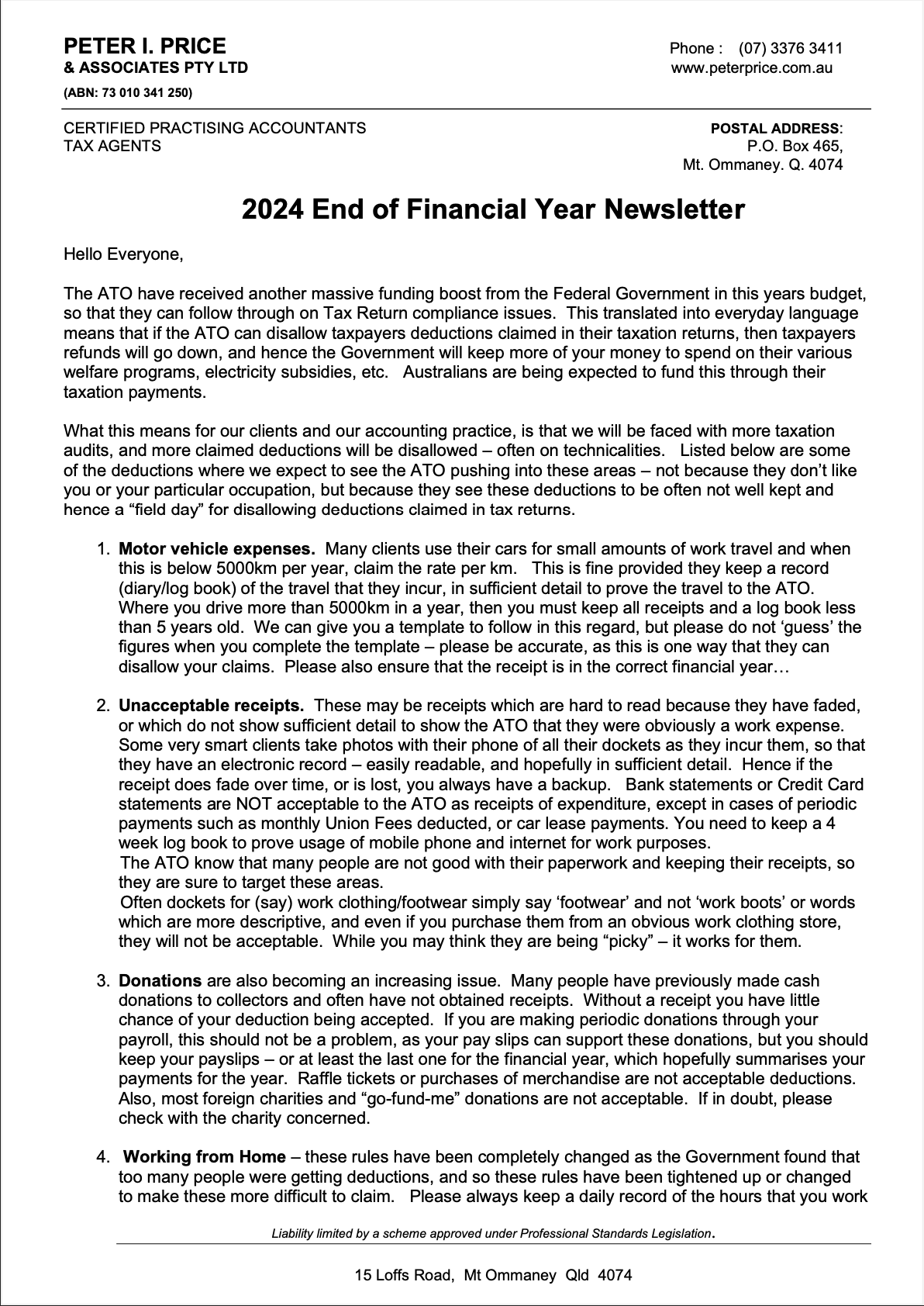What Employment Contracts Does My Small Business Need?

.
If so, you might consider the roles you would like these employees to fulfil and the contracts that will reflect these roles. Hence, this article explores key employment contracts for your small business depending on the nature of work, such as:
- casual contracts;
- permanent (part-time or full-time) contracts;
- fixed-term (part-time or full-time) contracts; and
- maximum-term (part-time or full-time) contracts.
Employee Classifications
Casual, part-time and full-time are the most common contracts for small businesses. However, depending on your nature of work, you may want to consider fixed-term or maximum-term contracts for your employees.
Casual Employees
Casual employees are those employees that you hire on an ad-hoc basis. For example, during the Christmas and New Year period, many retail stores hire casual employees to cope with increased customer sales demands. Employers typically pay casual employees an hourly rate and are not entitled to many benefits that part-time or full-time employees receive, like paid annual leave and personal/carer’s leave.
Part-Time Employees
Part-time employees are employees who you hire to work for less than 38 hours per week. These employees are entitled to paid and long service leave under Australian law.
Full-Time Employees
Full-time employees are perhaps the most common form of employees who you hire on a permanent, maximum term or fixed term basis. Employers can generally expect their full-time employees to work for an average of 38 hours per week and are entitled to a full suite of paid leave, long service leave and other entitlements under Australian law.
Types of Employment Contracts
There are different types of employment contracts that you should consider before hiring staff.
Permanent Employment
Permanent employment refers to employees engaged on an ongoing basis until you or the employee terminate their employment. Typically, you pay permanent employees at an hourly rate or provide an annual salary. Permanent employees also receive entitlements such as:
- annual leave;
- personal/carer’s leave;
- unpaid carer’s leave; and
- compassionate leave, amongst others.
Fixed-Term Employment
Small businesses typically hire fixed-term employees to carry out work for a specific period. If you would like employees to carry out a specific project within an identifiable time frame, then drafting a fixed-term employment contract could be a useful option for your business.
Maximum-Term Employment
Maximum-term employees are very similar to fixed-term employees. The key difference is that you or the maximum-term employee can terminate the employment arrangement before the end date after providing notice. On the other hand, a fixed-term employee must work the entire set period of time as there is usually no option to terminate the contract before the end date for either party.
Who is an Employee?
When investigating the type of employment contracts that your small business may require, you should understand the difference between an employee and a contractor. This is because employees and contractors receive different benefits under Fair Work legislation. Likewise, you must provide workers with their correct entitlements as their employer.
It is often hard to tell the difference between an employee and a contractor. However, a good starting point is noting that employees work in your business and are part of your business, whereas contractors run their own businesses.
It is essential to get this classification correct and for the agreement to reflect that, especially for your small business. Recent changes in the law now emphasise that the contract between you and your worker is the most important element. Accordingly, you do not want your business to be at risk of a ‘sham contracting’ arrangement.
Key Takeaways
When engaging workers for your small business, there are various employee classifications and kinds of contracts to note. Accordingly, these factors will influence the entitlements you legally owe your employees. You should also be aware of the differences between an employee and a contractor to avoid sham contracting arrangements.
Gurpreet Sandhu, Lawyer
April 26, 2023
legalvision.com.au

